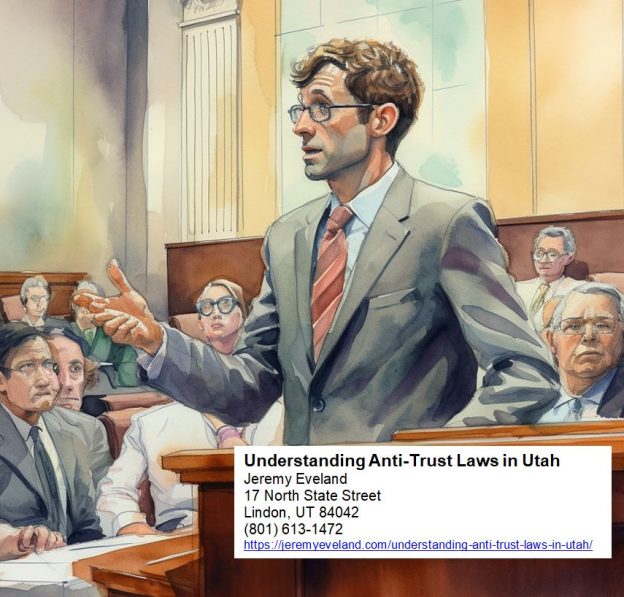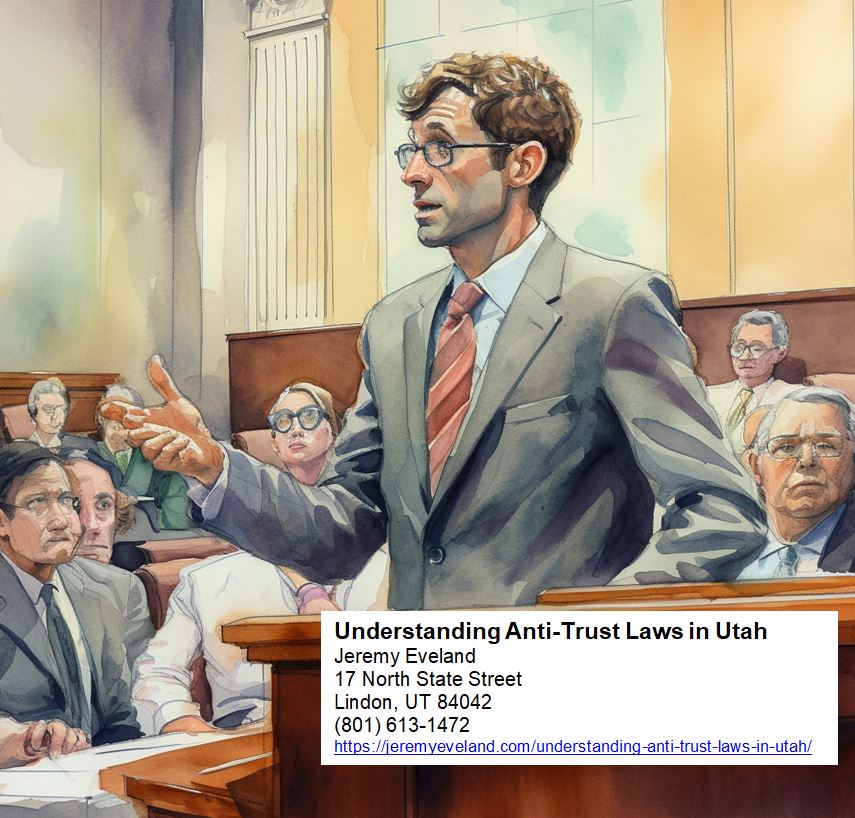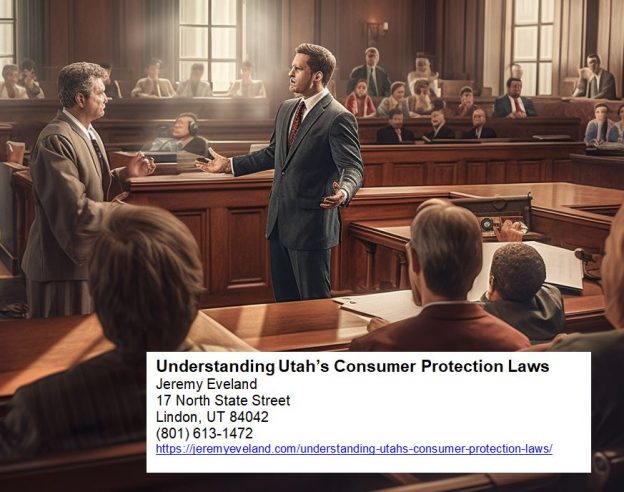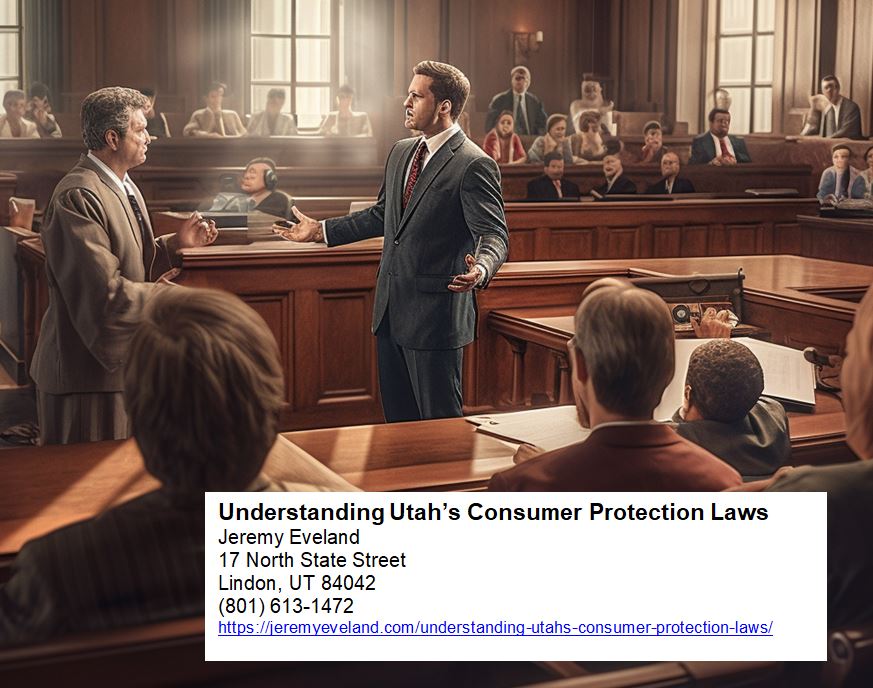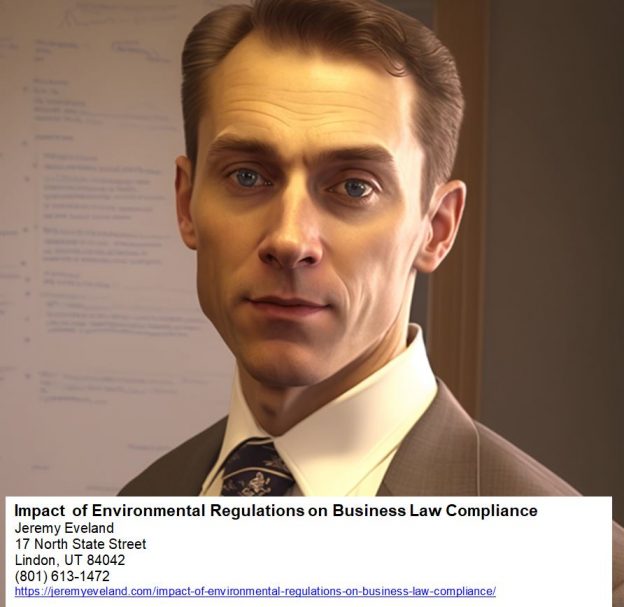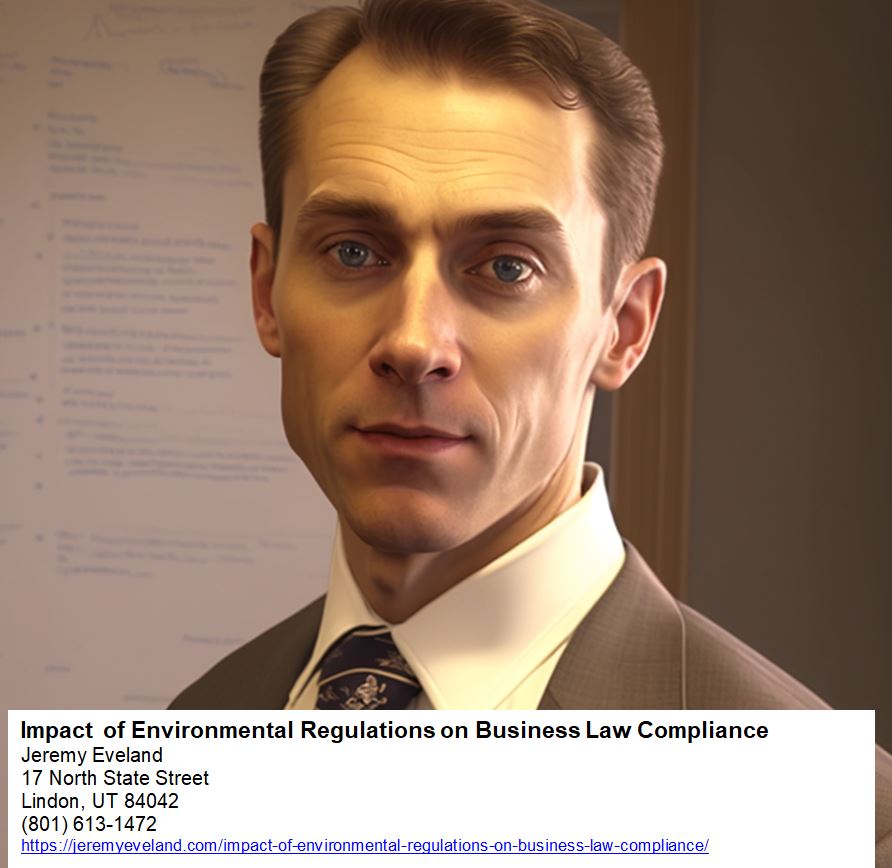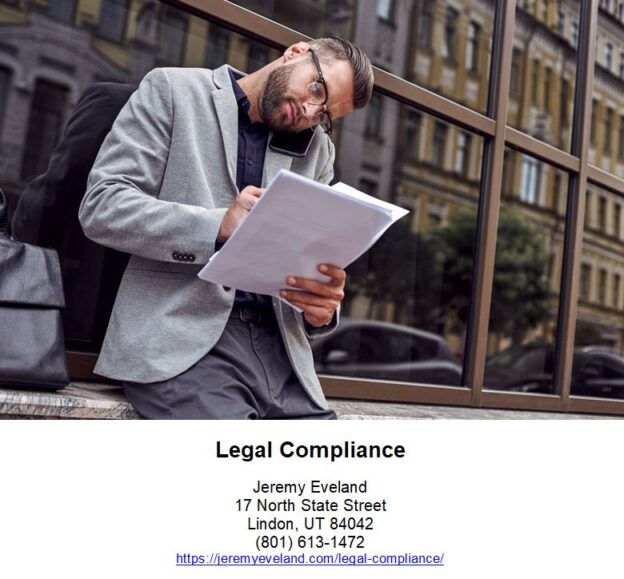In today’s complex and ever-evolving business landscape, understanding and complying with consumer protection regulations has become more crucial than ever for companies and business owners. These regulations aim to safeguard consumers’ rights, promote fair business practices, and maintain a healthy marketplace. From product labeling and advertising requirements to privacy and data protection, the web of consumer protection regulations can be intricate and daunting to navigate. As a responsible business owner, it is essential to have a solid grasp of these regulations to avoid potential legal pitfalls and protect your company’s reputation. In this article, we will shed light on the key aspects of consumer protection regulations and provide you with invaluable insights to help your business thrive in a compliant manner.
Consumer Protection Regulations
Consumer protection regulations are laws put in place to protect consumers from unfair business practices and ensure their rights are upheld. These regulations cover a wide range of industries and are designed to promote fair competition, prevent fraud, and provide remedies for consumers who have been harmed. Understanding consumer protection regulations is essential for businesses to ensure compliance and avoid legal issues. In this article, we will provide an overview of consumer protection regulations, explore major laws and their enforcement, discuss key provisions and rights, examine industry-specific regulations, address common consumer complaints, and provide information on consumer protection agencies. We will also touch on compliance best practices, important considerations for businesses, and answer frequently asked questions regarding consumer protection regulations.
I. Overview
A. Definition of Consumer Protection Regulations
Consumer protection regulations refer to the legal framework and measures implemented by governments to safeguard consumers’ interests in the marketplace. These regulations aim to protect consumers from deceptive practices, unfair treatment, and unsafe products or services. They set standards and guidelines for businesses to ensure transparency, honesty, and fairness in their interactions with consumers.
B. Importance of Consumer Protection
Consumer protection is vital for maintaining trust and confidence in the marketplace. By ensuring fairness and transparency, consumer protection regulations contribute to a healthy business environment where consumers can make informed decisions without fear of exploitation or harm. These regulations also encourage competition, as businesses are motivated to meet high standards in order to gain consumer trust and loyalty.
C. Historical Background
The need for consumer protection regulations has grown over the years due to various factors, including the rise of large corporations, technological advancements, and increasing consumer awareness. The origins of consumer protection can be traced back to the late nineteenth and early twentieth centuries, when concerns over product safety and fraudulent practices led to the implementation of laws and regulations to address these issues.
D. Scope and Purpose
Consumer protection regulations cover a wide range of areas, including product safety, fair advertising, contract terms, debt collection practices, and privacy rights. Their main purpose is to establish a balance between the interests of businesses and consumers, ensuring that consumers are treated fairly and have access to accurate information, while also providing businesses with clear guidelines to operate within the law.
II. Major Consumer Protection Laws
Several major consumer protection laws have been enacted at the federal level to safeguard the interests of consumers. These laws provide specific provisions and rights to protect consumers in various aspects of their interactions with businesses. It is crucial for businesses to be familiar with these laws to avoid potential legal issues and ensure compliance. Let’s explore some of the key consumer protection laws:
A. Fair Credit Reporting Act (FCRA)
The Fair Credit Reporting Act (FCRA) is a federal law that regulates the collection, dissemination, and use of consumer credit information. It ensures the accuracy, fairness, and privacy of consumer credit reports, and gives consumers the right to access and correct their credit information. The FCRA also imposes obligations on businesses that use consumer credit reports for making decisions, such as offering credit or employment.
B. Consumer Credit Protection Act (CCPA)
The Consumer Credit Protection Act (CCPA) is a federal law that aims to protect consumers from unfair and abusive credit practices. The CCPA encompasses several laws, including the Truth in Lending Act (TILA), Fair Debt Collection Practices Act (FDCPA), Equal Credit Opportunity Act (ECOA), and others. It sets regulations and disclosure requirements for creditors, debt collectors, and other entities involved in consumer credit transactions.
C. Truth in Lending Act (TILA)
The Truth in Lending Act (TILA) is a federal law that promotes the informed use of consumer credit by requiring creditors to disclose certain terms and costs associated with credit transactions. It ensures that consumers have accurate and meaningful information about the costs and terms of credit, allowing them to compare different credit offers and make informed decisions.
D. Consumer Product Safety Act (CPSA)
The Consumer Product Safety Act (CPSA) is a federal law that establishes safety standards for consumer products. It authorizes the Consumer Product Safety Commission (CPSC) to create and enforce regulations to protect the public against unreasonable risks of injury or death associated with consumer products. The CPSA requires manufacturers, distributors, and retailers to report any product defects or hazards promptly.
E. Consumer Financial Protection Bureau (CFPB)
The Consumer Financial Protection Bureau (CFPB) is a federal agency responsible for protecting consumers in the financial marketplace. It ensures that consumers are treated fairly by banks, lenders, credit card companies, debt collectors, and other financial service providers. The CFPB enforces federal consumer financial laws and provides consumer education and complaint resolution services.
III. Enforcement and Remedies
Consumer protection laws are enforced through various mechanisms, including government agencies and private actions. Consumers who have been harmed by violations of these laws have several remedies available to seek compensation and relief. Let’s explore the enforcement and remedies in consumer protection cases:
A. Government Enforcement Agencies
Several government agencies are responsible for enforcing consumer protection laws at the federal and state levels. These agencies have the authority to investigate complaints, take legal action against businesses that violate consumer protection regulations, and impose penalties or fines. Examples of federal enforcement agencies include the Federal Trade Commission (FTC), the Consumer Financial Protection Bureau (CFPB), and the Food and Drug Administration (FDA).
B. Private Actions and Lawsuits
Consumers also have the right to pursue private actions or file lawsuits against businesses that engage in unfair or deceptive practices. Private actions allow consumers to seek monetary damages, injunctions, or other legal remedies for the harm caused by violations of consumer protection laws. They can also join class-action lawsuits, which allow multiple consumers to collectively take legal action against a business for similar grievances.
C. Remedies Available for Consumers
Consumers who have experienced harm due to violations of consumer protection laws may be eligible for various remedies. These remedies can include monetary compensation for financial losses, reimbursement for expenses incurred, injunctions to stop the offending practices, and corrective actions to remedy the harm caused. The specific remedies available will depend on the nature of the violation and the applicable consumer protection law.
IV. Key Provisions and Rights
Consumer protection laws provide consumers with important provisions and rights to ensure fair treatment in their interactions with businesses. Understanding these provisions and rights is essential for businesses to comply with the law and avoid legal issues. Let’s explore some of the key provisions and rights outlined in consumer protection laws:
A. Right to Privacy and Data Protection
Consumers have the right to privacy and protection of their personal information. Businesses must obtain consumer consent before collecting or sharing their personal data and must take appropriate measures to safeguard this information from unauthorized access or use. Violations of privacy rights can result in significant legal consequences for businesses.
B. Fair and Honest Advertising Practices
Consumer protection laws regulate advertising practices to ensure that businesses provide accurate and truthful information to consumers. Businesses must avoid misleading or deceptive advertising, including false claims, bait-and-switch tactics, or omission of material information. Consumers have the right to rely on the information provided by businesses and make informed purchasing decisions.
C. Consumer Contracts and Warranties
Consumer protection laws require businesses to provide clear and transparent contracts and warranties to consumers. Contracts must be written in plain language and disclose all terms and conditions that may impact consumers’ rights or obligations. Warranties must accurately represent the quality and performance of the products or services offered, and businesses must fulfill their warranty obligations.
D. Protection against Unfair Debt Collection Practices
Consumer protection laws, such as the Fair Debt Collection Practices Act (FDCPA), prohibit abusive, deceptive, and unfair debt collection practices. Debt collectors must comply with specific guidelines when communicating with consumers, such as providing accurate information about the debt, respecting consumer privacy, and avoiding harassment or intimidation. Consumers have the right to dispute debts and seek validation or verification.
E. Right to Access Information and Disclosures
Consumers have the right to access relevant information and disclosures from businesses. This includes access to accurate product or service information, pricing details, terms and conditions, refund policies, and other relevant data that may impact consumers’ purchasing decisions. Businesses must provide this information in a clear and easily understandable manner.
V. Industry-Specific Regulations
Consumer protection regulations extend to various industries to address the specific risks and challenges associated with each sector. Let’s explore some of the industry-specific regulations that businesses need to be aware of:
A. Financial Services and Banking
The financial services industry is heavily regulated to protect consumers from predatory lending practices, fraud, and unfair treatment. Laws such as the Truth in Lending Act (TILA), Fair Credit Reporting Act (FCRA), and Consumer Financial Protection Act (CFPA) impose specific requirements on financial institutions, credit card companies, mortgage lenders, and other entities in the industry.
B. Food and Drug Administration (FDA) Regulations
The FDA regulates the safety and labeling of food, drugs, cosmetics, and medical devices to protect public health. Businesses in the food and drug industry must comply with specific requirements related to product safety, labeling accuracy, advertising claims, and manufacturing practices. Violations can result in product recalls, fines, or other legal consequences.
C. Federal Trade Commission (FTC) and Marketing Practices
The FTC is responsible for enforcing a wide range of consumer protection laws, with a particular focus on unfair and deceptive trade practices. The agency regulates various aspects of marketing, including advertising practices, online privacy, endorsements and testimonials, and fair competition. Businesses must comply with FTC guidelines to avoid legal issues.
D. Telecommunications and Internet Service Providers
Consumer protection regulations apply to telecommunications and internet service providers to ensure fair treatment and safeguard consumer privacy. Laws such as the Telecommunications Act and regulations by the Federal Communications Commission (FCC) establish guidelines for these industries, including requirements for transparency, privacy protection, billing practices, and service quality.
E. Housing and Real Estate
Consumer protection laws in the housing and real estate industry aim to prevent discrimination, promote fair housing practices, and ensure transparency in real estate transactions. Laws such as the Fair Housing Act (FHA) and Real Estate Settlement Procedures Act (RESPA) impose requirements on real estate agents, landlords, mortgage lenders, and other entities in the industry.
VI. Common Consumer Complaints
Consumer protection laws address various common complaints that consumers may have regarding interactions with businesses. Understanding these complaints can help businesses identify potential issues and take proactive measures to ensure compliance and customer satisfaction. Let’s explore some of the common consumer complaints:
A. Identity Theft and Credit Reporting Errors
Identity theft and credit reporting errors are significant concerns for consumers. Complaints may arise when personal information is stolen or misused, leading to unauthorized financial transactions, damage to credit scores, or denial of credit. Businesses must take steps to protect consumer data and promptly address any inaccuracies in credit reports.
B. Unfair Debt Collection Practices
Consumers may file complaints against debt collectors who engage in unfair, abusive, or deceptive practices. This can include harassment, threats, misrepresentation of debts, or excessive contact. Businesses must adhere to the guidelines outlined in the Fair Debt Collection Practices Act (FDCPA) to avoid legal issues and maintain respectful interactions with consumers.
C. Fraudulent Practices and Scams
Complaints regarding fraudulent practices and scams are widespread, particularly in online transactions or unsolicited communications. Consumers may fall victim to fake advertisements, phishing schemes, or misleading sales tactics. Businesses must be vigilant in detecting and preventing fraudulent activities to protect their customers and maintain a trustworthy reputation.
D. Product Defects and Safety Issues
When consumers encounter product defects or safety issues, they may file complaints against the manufacturers, distributors, or retailers. This can include issues such as malfunctioning devices, harmful substances, or inadequate warnings. Businesses must prioritize product safety, adhere to quality control standards, and promptly address any reported defects or safety concerns.
E. Misleading Advertising and Unfair Business Practices
Complaints regarding misleading advertising and unfair business practices can arise when businesses make false claims, engage in deceptive pricing tactics, or fail to honor warranties or refunds. Businesses must ensure that their advertising and business practices are upfront, honest, and in compliance with consumer protection regulations.
VII. Consumer Protection Agencies
Consumer protection agencies play a crucial role in enforcing consumer protection laws and providing guidance to consumers and businesses. Let’s explore the different types of consumer protection agencies:
A. Federal Agencies
At the federal level, agencies such as the Federal Trade Commission (FTC), Consumer Financial Protection Bureau (CFPB), and Food and Drug Administration (FDA) are responsible for enforcing various consumer protection laws. These agencies investigate complaints, monitor industry practices, initiate legal actions, and provide educational resources to consumers and businesses.
B. State and Local Agencies
Consumer protection agencies also exist at the state and local levels. State attorneys general offices, consumer affairs departments, and other agencies are responsible for enforcing consumer protection laws within their jurisdictions. They handle complaints, enforce regulations, and provide information and resources to consumers and businesses at the state and local level.
C. Non-Governmental Organizations (NGOs)
Non-governmental organizations (NGOs) also play a role in promoting consumer protection. These organizations often focus on specific consumer rights issues, such as privacy protection, food safety, or environmental concerns. They provide advocacy, education, and support to consumers and may collaborate with government agencies to address consumer protection challenges.
VIII. Compliance and Best Practices
To ensure compliance with consumer protection regulations and avoid legal issues, businesses should adopt various best practices. Let’s explore some key practices for businesses to implement:
A. Establishing Consumer-Friendly Policies
Businesses should establish policies that prioritize consumer rights and ensure fair treatment. This can include clear refund and return policies, transparent pricing practices, and responsive customer service. By prioritizing customer satisfaction and addressing consumer concerns, businesses can build trust and loyalty among their customer base.
B. Training and Education for Employees
Employees should receive training on consumer protection regulations, including the specific laws and requirements relevant to their roles. This training should cover topics such as fair advertising practices, privacy protection, proper debt collection procedures, and handling consumer complaints. Regularly updating employees on changes in consumer protection regulations is important to ensure ongoing compliance.
C. Implementing Robust Data Security Measures
Businesses must prioritize data security to protect consumer privacy and prevent data breaches. This includes implementing robust data protection measures, such as encryption, firewalls, and secure payment systems. Regular audits and assessments of data security practices help identify potential vulnerabilities and ensure compliance with data protection regulations.
D. Monitoring and Addressing Consumer Complaints
Businesses should have mechanisms in place to monitor and address consumer complaints promptly. This can include establishing dedicated complaint resolution channels, such as customer service departments or online platforms, to ensure efficient handling of consumer concerns. Timely and effective resolution of complaints demonstrates a commitment to customer satisfaction and helps mitigate potential legal risks.
X. Frequently Asked Questions
A. What is the purpose of consumer protection regulations?
Consumer protection regulations aim to safeguard consumers’ interests by establishing guidelines for fair business practices, protecting consumer privacy and data, ensuring product safety, and providing legal remedies for consumers who have been harmed by unfair or deceptive practices. These regulations promote transparency, fairness, and trust in the marketplace.
B. How can businesses ensure compliance with these regulations?
Businesses can ensure compliance with consumer protection regulations by familiarizing themselves with the relevant laws and requirements, implementing consumer-friendly policies and practices, providing training and education to employees, regularly monitoring for compliance, and addressing consumer complaints promptly and effectively.
C. What remedies are available to consumers in case of violations?
Consumers who have suffered harm due to violations of consumer protection regulations may be eligible for various remedies, including monetary compensation for financial losses, reimbursement of expenses, injunctions to stop offending practices, and corrective actions to remedy the harm caused.
D. Are there any specific regulations for online businesses?
Yes, online businesses are subject to consumer protection regulations, including laws related to privacy protection, truth in advertising, unfair competition, and electronic commerce. Online businesses must comply with these regulations to ensure transparency, protect consumer data, and provide accurate information to consumers.
E. How can businesses handle consumer complaints effectively?
To handle consumer complaints effectively, businesses should establish clear channels for complaint resolution, such as customer service departments or online platforms, and ensure prompt and respectful handling of complaints. Businesses should investigate complaints thoroughly, provide clear explanations and resolutions, and strive to achieve customer satisfaction. Regularly analyzing and addressing common complaints can help identify areas for improvement and prevent future issues.
In conclusion, consumer protection regulations play a crucial role in maintaining fair and transparent business practices. Understanding and complying with these regulations is essential for businesses to protect consumer interests, maintain trust, and avoid legal issues. By adhering to best practices, addressing common consumer complaints effectively, and staying updated on evolving regulations, businesses can ensure their operations are in compliance with consumer protection laws.











